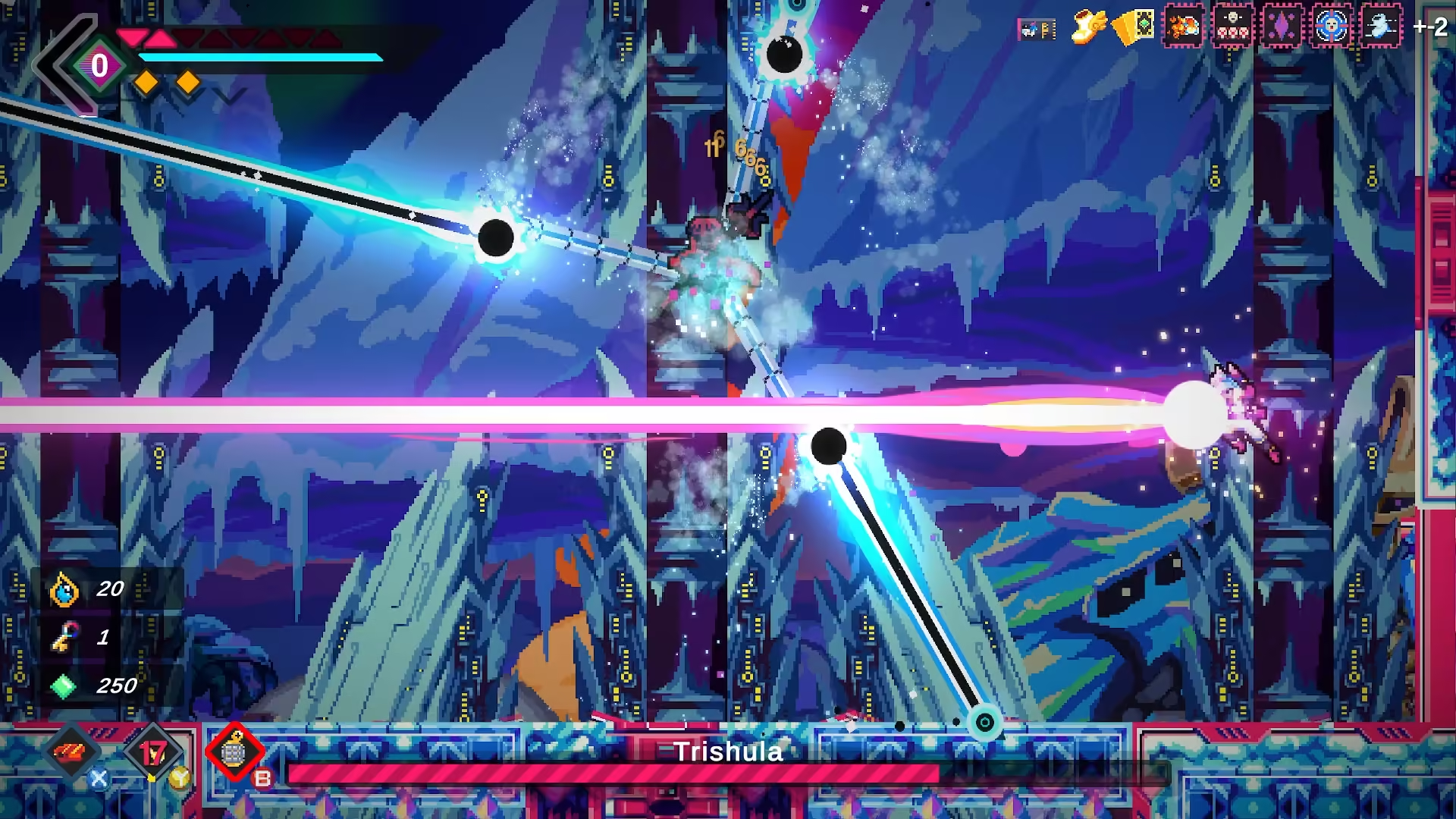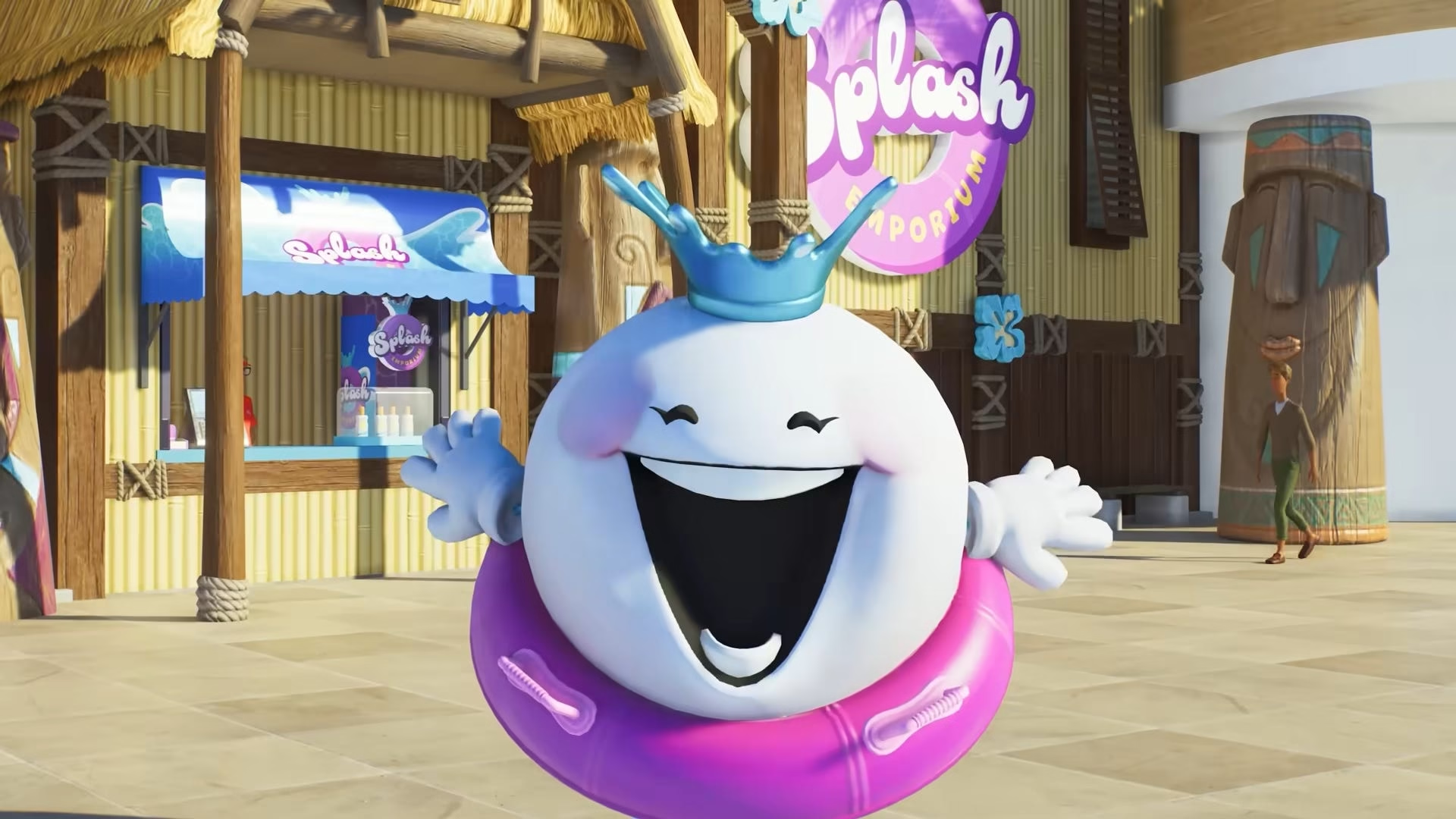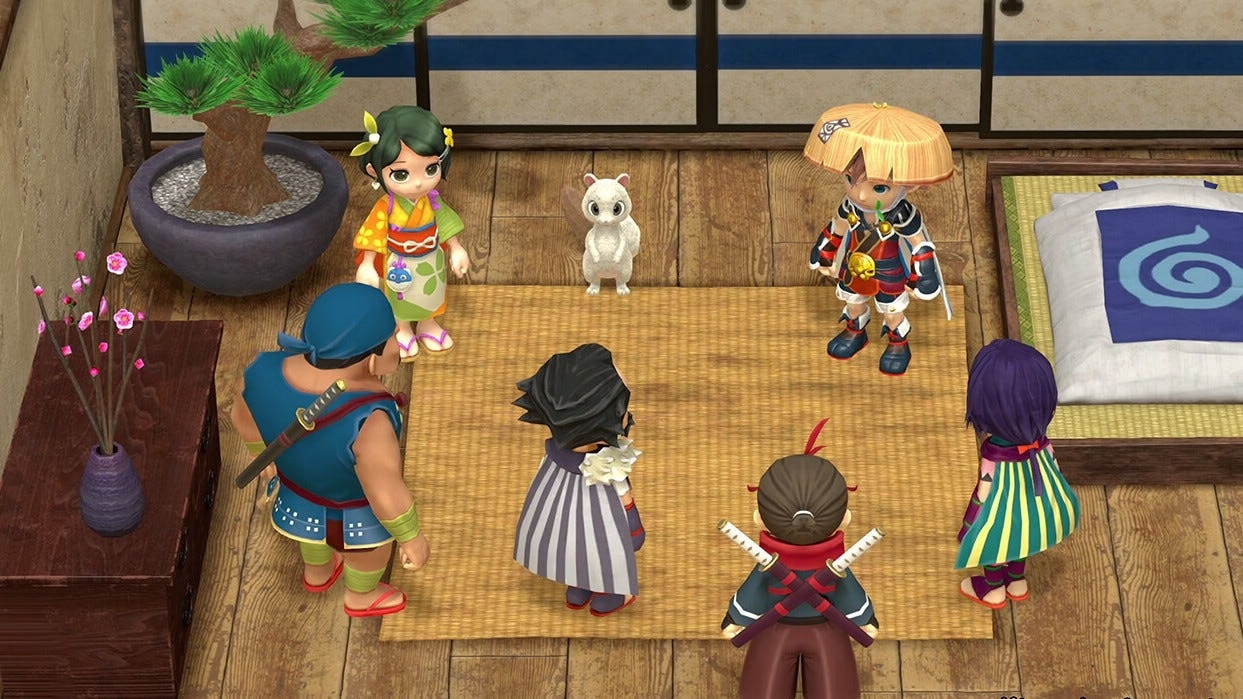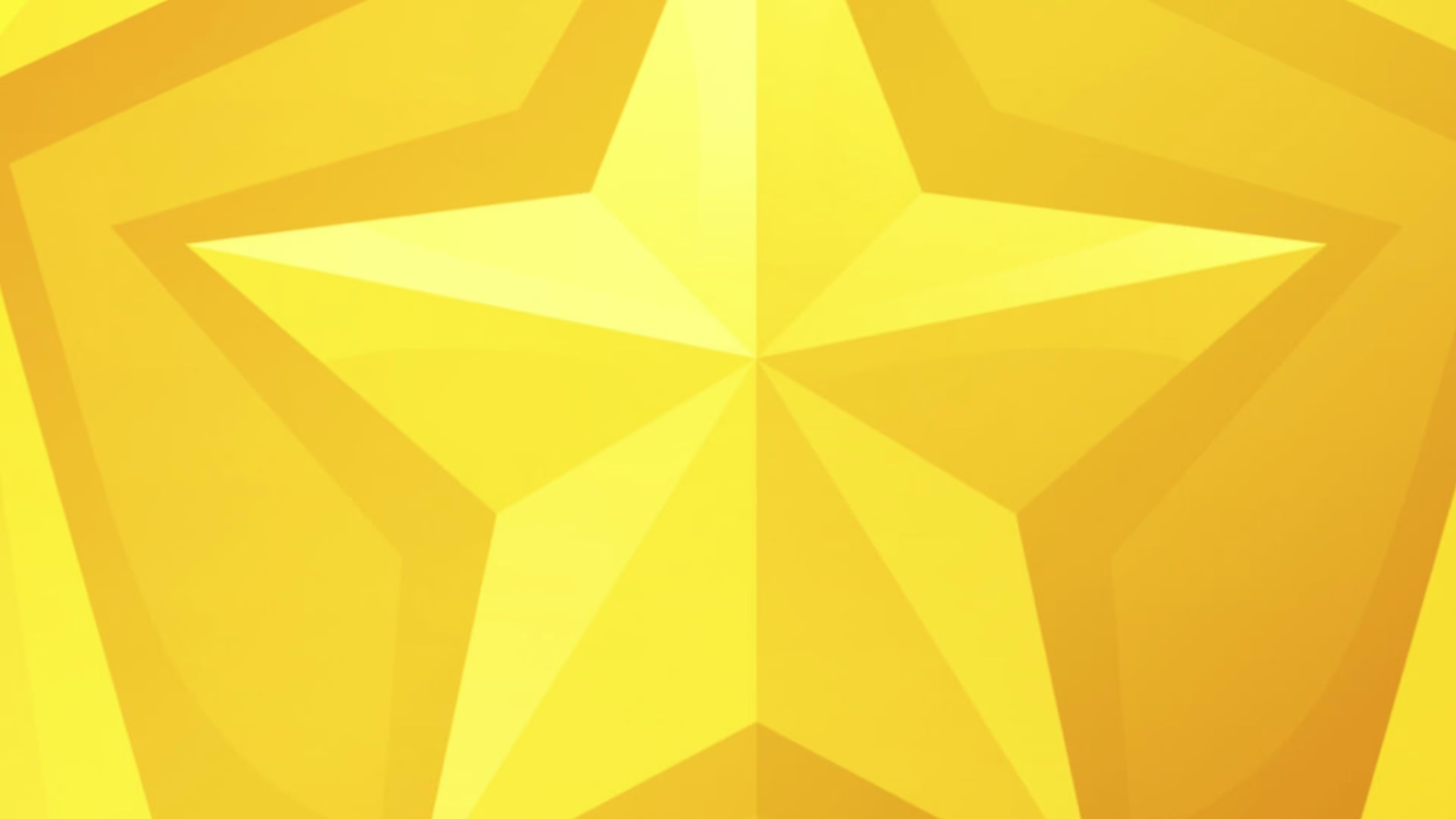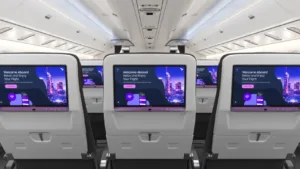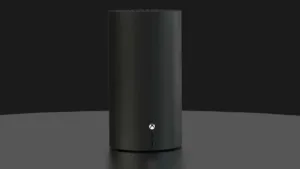Editorial: How To Create a Winning Pitch For Game Publishers!
Estimated reading time: 4 minutes
Pitching your indie game to a publisher can feel like slaying a dragon. It’s a tough road which involves facing endless rejections, awkward silences, and the dreaded “Maybe next time!” emails. It took us years to land the publisher we eventually partnered with for our game Elsie.
Here is the thing: no matter how grim the indie scene may seem, there’s still hope! If you’re developing a game and think hitching a ride with a publisher is the right move for you, keep these handy tips in your inventory. (Trust me, you’ll need them!)
1. Do Your Homework!
I understand that homework may not be enjoyable unless it involves playing games. Fortunately, in a way, it does! Each publisher has their own unique style, so take a close look at their range of games. Do they appreciate the type of game you’re creating? Does your vision align with their existing games? If your game seems out of place among their collection, it’s best to continue searching for the right fit.
2. Make Your Pitch Pack A Huge PUNCH!
When pitching your game, it is essential to convey your elevator speech for a game that likely took multiple years to develop and maintain your passion. “There’s no pressure, right?” When we pitched Elsie, we crafted a polished presentation resembling a PowerPoint that hit all the essential points. You’ll want to cover:
- Be Brief and Concise When Summarizing Your Game.
- Explain What Makes Your Game Stand Apart like Features, Mechanics and Maybe Unicorns.
- Be Honest About Your Current Stage of Development.
- Break the “Early Access” Mindset with a Completion Timeline.
- Introduce the People on Your Team. Show Them the Faces Behind the Game.
Make it shine, keep it concise, and make it irresistible. The best pitches don’t just sell a game. They sell a vision. Make them want to play your game before it’s even playable!
3. Set Realistic and Actionable Goals, PLEASE!
Pitching to publishers is like dating. Many developers, eager for a partner, may hastily partner with the first publisher who shows interest. However, just like in any relationship, it’s crucial to understand what you truly need. Some developers seek funding, while others require assistance with marketing or distribution. It’s essential to clearly define what your team needs before committing to a publisher. This approach can help you avoid disappointment or, even worse, a detrimental deal.
4. The Deal! Negotiate or Navigate to Safety.
Negotiating can be stressful, but it’s important to trust your instincts. When discussing deals, especially those involving revenue splits, be assertive. While a 50-50 post-recoup split is typical, don’t hesitate to negotiate. Avoid any deal that gives the publisher 100% of the pre-recoup revenue. “Hey! Your team deserves fair compensation too!”
5. Offer a Demo or Prototype. Show, Don’t Tell.
One of the most crucial pieces of advice I can offer is to have something playable. Even if your game hasn’t garnered widespread attention yet or if you don’t have a celebrity developer on your team, providing a vertical slice or prototype allows publishers to visualize your vision. Without it, you might risk being ignored. Publishers love playing games, so give them something to play!
6. Meet Publishers IRL: Conventions Are Your Friend
Game publishers receive numerous pitches daily, so it’s important to find a way to stand out. The best approach? Meet them in person! Attend gaming conventions such as PAX, GDC, or Gamescom, and communicate with publishers directly. Maintain a respectful attitude—avoid pitching while they’re eating, for example—but keep in mind that a friendly face-to-face interaction can make a significant impact. Moreover, it’s much harder for them to ignore you after they’ve shaken your hand.
Here are six tips to increase your chances of landing your dream publishing deal: The road to success may be long and challenging, but with the right approach, you can find the perfect partner to help bring your game to life.
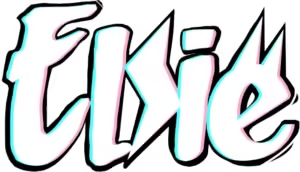
Elsie Game Information
Price: $24.99
Publisher: Playtonic Friends
Developer: Knight Shift Games
Director(s): Pedro Guerra
Platform: Sony PlayStation 5, Steam, Nintendo Switch
Pedro Guerra is an experienced Indie Developer from Florida. As a friend of Robots Over Dinosaurs and a member of the writing team. We lean to his perspective on the trials and tribulations of Game Development in the modern era. If you like this opinion piece, feel free to email us at gamedev@robotsoverdinosaurs.net. We will create in-depth articles to give you a better understanding of this hotly debated issue.
Do you have a news tip or wish to contact us directly? You may reach us at hello@robotsoverdinosaurs.net.
